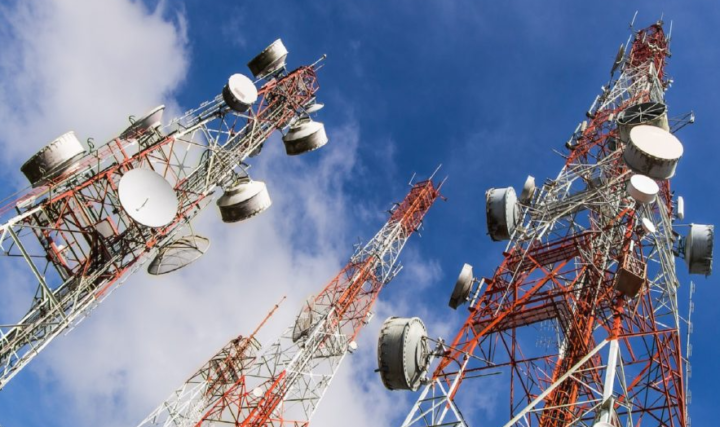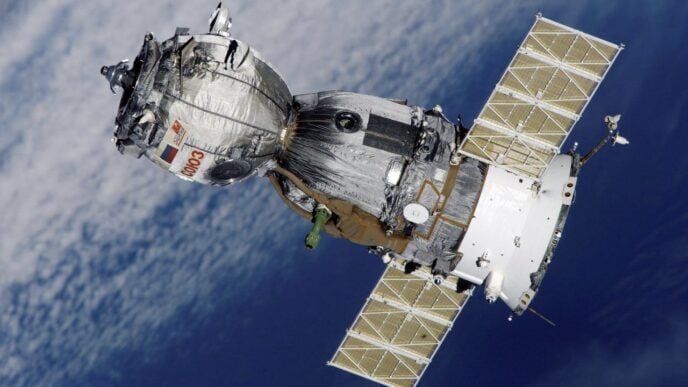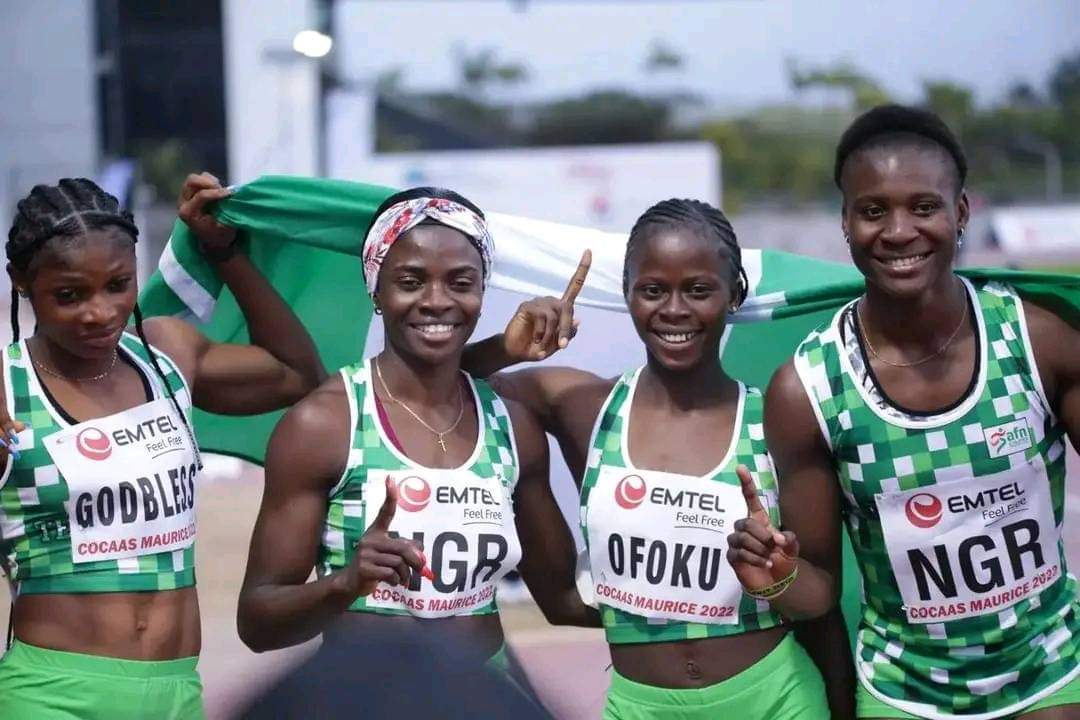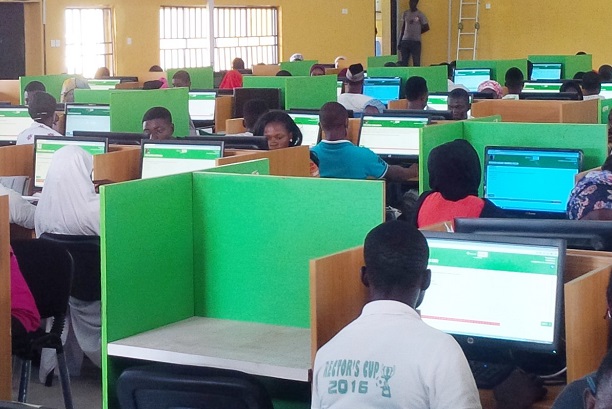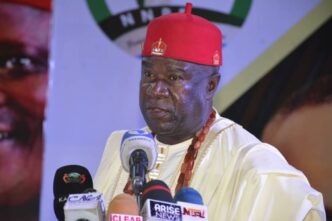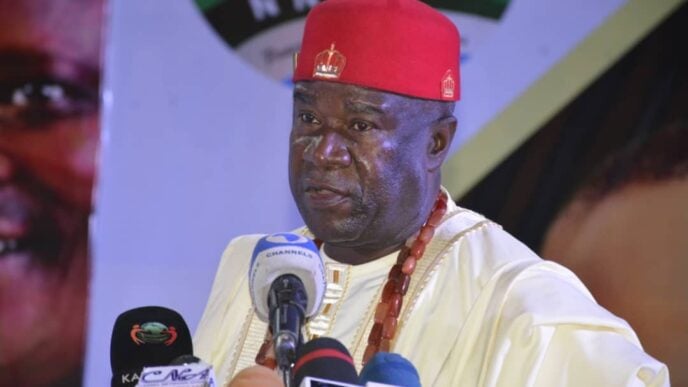The journey started in the bank and ended in the rain. Just a little transaction that demands your presence in the bank in one of those rare moments, since everything now comes at the press of a button, there was an indeterminate network downtime. So, you simply stay in the bank waiting for a miracle to happen, especially if your transaction is time bound and could really ruin your schedule in the days ahead.
When they say the network is down in the bank, the blame usually goes to the telecoms operators whose services can really be frustrating sometimes, without ever considering the externalities that make their life and business unbearable. But as I stood in the bank with red eyes, it simply dawned on me that banks will be banks who will always want to make profit from every Naira and every situation no matter how dire. Banks buy bandwidth or capacity to run their businesses, meaning that the more bandwidth they buy the better and more efficient their services could be. This could also affect the speed of some of their services.
Trust the banks, dear friends, they would rather spend less on telecommunication services and put their customers through pain while conveniently passing the blame to the operators. It is the reason you can’t activate a new card. It is the reason you make a transfer and the money hangs, leading to unnecessary dispute between friends, brothers and business partners. The banks love profit, the sound of billions of Naira declared as profits, and even more, they appreciate the fame and luxury, and being the source of contents for social media and traditional media houses. But paying for the superstructure that plays an indispensable role in the money making machine, enjoys a last consideration just as the frustrations of their customers fall on their money padded thick skins.
I saw a guy blow his top. The network is down and you kept me outside? Waiting for what? I didn’t want to add Godot! I am sure Samuel Beckett paid a futuristic visit to Nigeria before writing one of the best literary works ever, Waiting for Godot. And perhaps he spent a couple of hours in a Nigerian bank. Beckett died in 1989 before our telecommunications sector could witness real life. My point here is that the banks should be more resourceful and brilliant in resolving their tech glitches, since they are not INEC, instead of passing every of their failure to network outage from the telecom service providers.
Advertisement
It was only the beginning of a long day. One had gone that day without power reinforcement for my phone since I wasn’t expected to do more than one and a half hours outside. But here we are, after doing a couple of hours in another bank, the phone battery was going down fast – just three percent. This is no good premonition. I like to hop on Uber and Bolt. Apart from one underlying reason, the only other reason is that inside the ride, one is able to talk to young Nigerians – boys and girls who feel let down by their country, and always a point of encouragement that they should be strong and stay long enough for us to collectively turn the fortunes of the nation around as a people. Three percent battery time isn’t good enough.
When I got out of the bank last Friday, the phone was dead. The signs were not good at all. The sky was overcast. The wind would soon follow as a troubling precursor to the rain. And when there are signs of rain in Abuja, AEDC would quickly switch off power, plunging the affected environment into soaked darkness. I do not understand why that happens except for reasons of inadequate understanding of its commitment to customers. I have always asked myself, what would happen if telecom service providers behave like power providers? Let’s leave the answers in the wind. But I am sure they will get a hammering from the regulator, the Nigerian Communications Commission (NCC).
I had navigated to an area where sheltering was difficult. Before the rain could unleash its torrents, I must find a place to give me a little hiding, and I found one, a restaurant that was in the dark and looked inoperative. Surprisingly, the chicken was good but cold. The generator was bad but business must go on even if AEDC does not understand the meaning of efficiency and responsibility to customers.
Advertisement
This is it. No phone. No Uber. No Bolt. No communications with anybody. The faces you see around you need help and not in a position to render any. This is the meaning of lack, when you are in no position to achieve anything. The money in your pocket could even endanger your life instead of giving you access. The rain is unleashing its anger and the wind is equally ferocious. All this in about three hours!
Sometimes I wish God could give some people the unpleasant opportunity of having a little slice of other people’s pain. There are deprivations all round, last Friday only gave me an opportunity to witness the full ugliness of phone deprivation. While one can admit that availability of phones is little pervasive, I will want to observe there are still so many people even within that availability that don’t have access. So, access gaps are not only available in places where there are no services but equally in environments where availability is profuse.
In the days of yore, access gaps were addressed with pay phones, which never really gained traction in Nigeria because of corruption in the process of deployment. Pay phones are still available even in the developed west.
When I shared my experience with my friend, he asked me only one question. How did we survive for this long without phones?
Advertisement
Some of our children will not understand this question. Concerning phones, Nigeria lived in a world of extreme lack. The entire population of about 123m at the time scrambled for less than 500,000 lines. It was survival of the fittest. Life in the jungle, just to get a phone line.
President Obasanjo changed that story and every successive administration has had to build on his efforts. But what is available is hardly enough. Service deployment has slowed by economic vicissitudes. In parts of the country, especially up north, telecommunications facilities have been bombed out or vandalised by bandits and herdsmen activities, or even the smell of danger driving operators away from putting facilities in place. In states like Kogi, the government has admitted to vandalising telecom facilities for the sake of tax collection. Without being part of the bargain, innocent Nigerians are denied modern telecom opportunities to connect with their loved ones.
The International Telecommunications Union (ITU) has always encouraged member states to initiate programmes that can give phones to the poor and extend services to underserved places. Only in 2022, the organisation said almost three quarters of the global population aged 10 and over now own a mobile phone, adding that youth aged 15-24 years are the driving force of connectivity, with 75 percent of young people worldwide now able to use the internet.
It is difficult to estimate what percentage of our youth population or people of other demographics falls in the ITU figures. But there are gaps, very obvious gaps for which the government may be planning a frontal attack. Only on February 27, 2025, the Federal Executive Council (FEC) approved some projects as part of a broader strategy to bridge the digital divide and enhance connectivity in rural and underserved places, according to the Minister of Communications, Innovation and Digital Economy, Dr Bosun Tijani.
Advertisement
Bosun explained the position of the government that it had decided that if private capital couldn’t be available for these projects, the government would step in with actions that can ensure that connectivity gets to our people.
That looks encouraging. It is not good for people to be unconnected at this age. There has to be a shared commitment between the government, NCC, USPF and the industry to work on deployment strategies that can take services to those living on the margins of society. In three hours, this writer shared in their precarious world. I am not inviting those in authority to be part of this world but to encourage them to take urgent measures that can resolve these problems for the benefit of these ordinary folks who deserve a place under the sun that shines on our great country.
Advertisement
Views expressed by contributors are strictly personal and not of TheCable.

